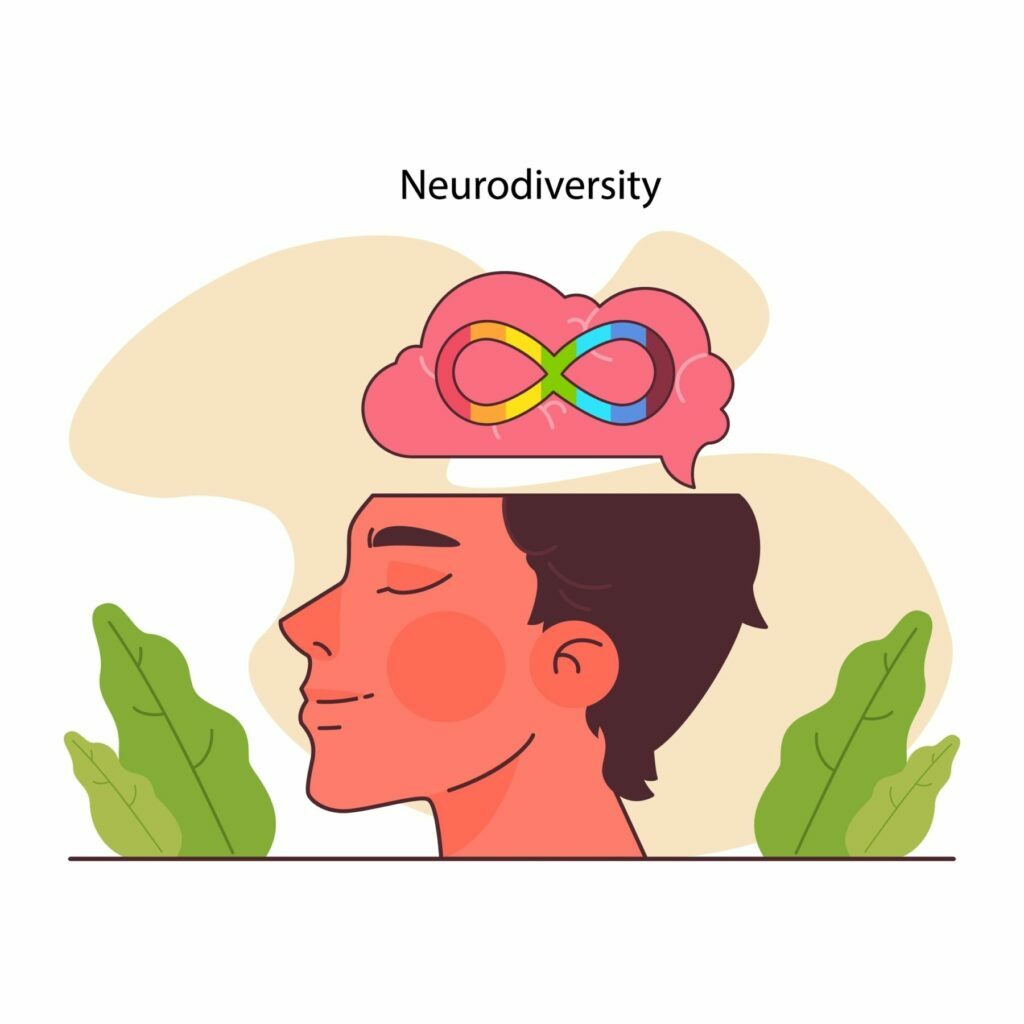The Power of Boundaries: Navigating Relationships with Addicted Loved Ones

Living with a loved one who is struggling with addiction can be incredibly challenging. The chaos, unpredictability, and stress that comes with addiction can wreak havoc on family relationships. But there is a way to take back control of your life and protect your own well-being: setting and maintaining healthy boundaries.
In the book “Codependent No More” (Beattie, 1986), Melody Beattie emphasizes the importance of establishing boundaries in family relationships with individuals suffering from addiction. Boundaries are a way of setting limits and defining what behavior is acceptable and what is not. Establishing boundaries can help you protect your own mental and emotional health, while also encouraging your loved one to seek help for their addiction.
Research has shown that individuals with supportive family relationships have better treatment outcomes for addiction. One study published in the Journal of Substance Abuse Treatment (Timko et al., 2016) found that family involvement in addiction treatment can improve the individual’s chances of successful recovery. However, it’s important for family members to also prioritize their own well-being and set boundaries to maintain healthy relationships.
So, how do you establish boundaries with a loved one who is struggling with addiction? Here are some practical examples:
- Communicate clearly: Start by letting your loved one know what behavior is acceptable and what is not. Be clear and concise in your communication. Use “I” statements to express how their behavior makes you feel. For example, “I feel hurt and disrespected when you come home drunk.”
- Be consistent: Follow through with the boundaries you establish. This is important for both your own well-being and for your loved one’s recovery. Consistency helps establish trust and accountability.
- Practice self-care: Prioritize your own mental and emotional health. This may involve seeking support from friends, family, or a therapist. It’s important to take care of yourself so you can be better equipped to support your loved one.
- Stop Enabling: Avoid enabling behavior that may inadvertently support your loved one’s addiction. This may include lending them money, covering up their behavior, or making excuses for them. Enabling behavior can ultimately hinder their recovery and prolong their addiction.
- Seek professional help: Consider seeking therapy to help navigate the complexities of addiction and family relationships. A trained therapist can provide support, guidance, and tools to help establish and maintain healthy boundaries.
It’s important to recognize that setting boundaries with a loved one who is struggling with addiction can be difficult and emotional. However, research has shown that establishing boundaries can improve the well-being of both the individual with addiction and their family members.
In addition to the practical examples listed above, it’s important to approach the situation with empathy and understanding. Addiction is a disease that requires treatment, and it can take time and effort for individuals to seek help and begin their recovery journey.
One study published in the Journal of Family Nursing (Kauffman et al., 2017) found that a family-based intervention approach that focused on empathy, education, and communication was effective in reducing the negative impact of addiction on family members. This approach emphasized the importance of understanding addiction as a disease and creating a supportive, non-judgmental environment for recovery.
Setting boundaries with addicted loved ones can be difficult due to the emotional complexities of the situation. It can be challenging to navigate the line between showing support and enabling behavior that ultimately prolongs the addiction. Therapy can help you to explore your own emotions and experiences, as well as provide practical tools for setting and maintaining healthy boundaries. A trained therapist can offer a supportive, non-judgmental environment for discussing difficult topics and navigating the challenges of addiction within family relationships. Through therapy, you can gain insight and clarity on how to prioritize your own well-being while also supporting your loved one’s journey towards recovery.
Tandem Psychology’s team of therapists is available in-person in our Lakeview offices or via telehealth! Schedule an appointment today!
This blog is made for informational and educational purposes only. It is not medical advice.
The information in this blog is not intended to (1) replace a one-on-one relationship with a qualified licensed health care provider, (2) create or establish a provider-patient relationship, or (3) create a duty for us to follow up with you.



